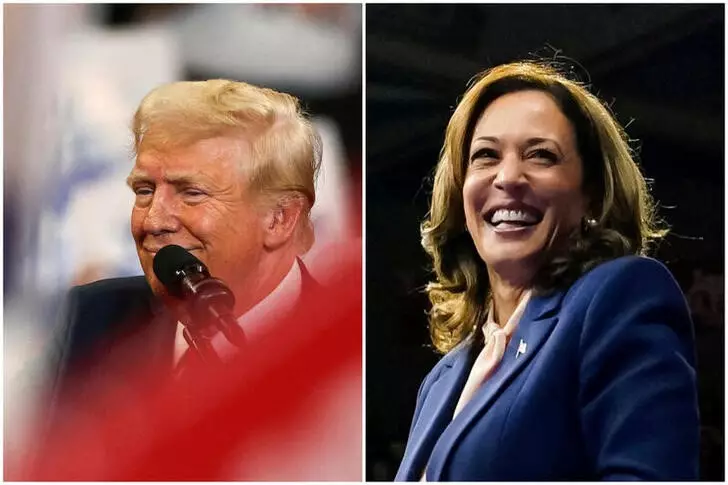The U.S. presidential election holds significant importance not only for the United States but also for global financial markets, especially emerging markets. The outcome of the election can influence various aspects of the economy, trade policies, and geopolitical relationships, creating both opportunities and risks for investors around the world.
The U.S. economy plays a crucial role in shaping global financial conditions, impacting factors such as GDP growth, inflation, interest rates, and the strength of the U.S. dollar. A Republican victory in the 2024 election may lead to stronger economic growth in the U.S., but it could also result in higher inflation and interest rates. This, in turn, could strengthen the U.S. dollar, posing challenges for emerging markets with significant dollar-denominated debt.
Trade policy is another key area through which the U.S. election can affect emerging markets. The U.S. president has the power to shape commercial relationships, with tariffs being a prominent policy tool. A Republican administration, particularly under Trump, might adopt tariff-heavy strategies, increasing uncertainty and reducing the appeal of emerging market assets, especially in export-driven economies like Mexico and several Asian nations. Conversely, a Democratic administration could favor multilateral trade policies, potentially reducing trade tensions and providing more stable access to global markets for emerging economies.
Geopolitics is a significant concern in the context of the U.S. election, with relationships with key global players such as China, Mexico, Argentina, and Russia potentially evolving depending on the election outcome. Former President Trump’s approach of using tariffs as a trade policy tool could persist under a Republican victory, leading to a more unilateral and isolationist stance. This could impact emerging markets that rely on stable trade and diplomatic relationships with the U.S., such as Mexico in Latin America and countries in Asia.
The election outcome could also influence global market shifts, with U.S.-China relations expected to remain tense regardless of who wins the presidency. This could lead to further restrictions on Chinese technology companies, driving investors towards markets like Taiwan and South Korea. India, with its growing role in global supply chains, might attract increased investment interest from both U.S. and international firms looking for alternatives to China. In the Middle East and Central and Eastern Europe, the election’s outcome could have a profound effect on the geopolitical landscape, impacting various economic and diplomatic relationships.
The U.S. presidential election has far-reaching implications for global financial markets, particularly emerging markets. Investors need to closely monitor the election-related developments and consider the potential impact on macroeconomic conditions, trade policies, and geopolitical relationships to make informed investment decisions in the ever-changing global financial landscape.

